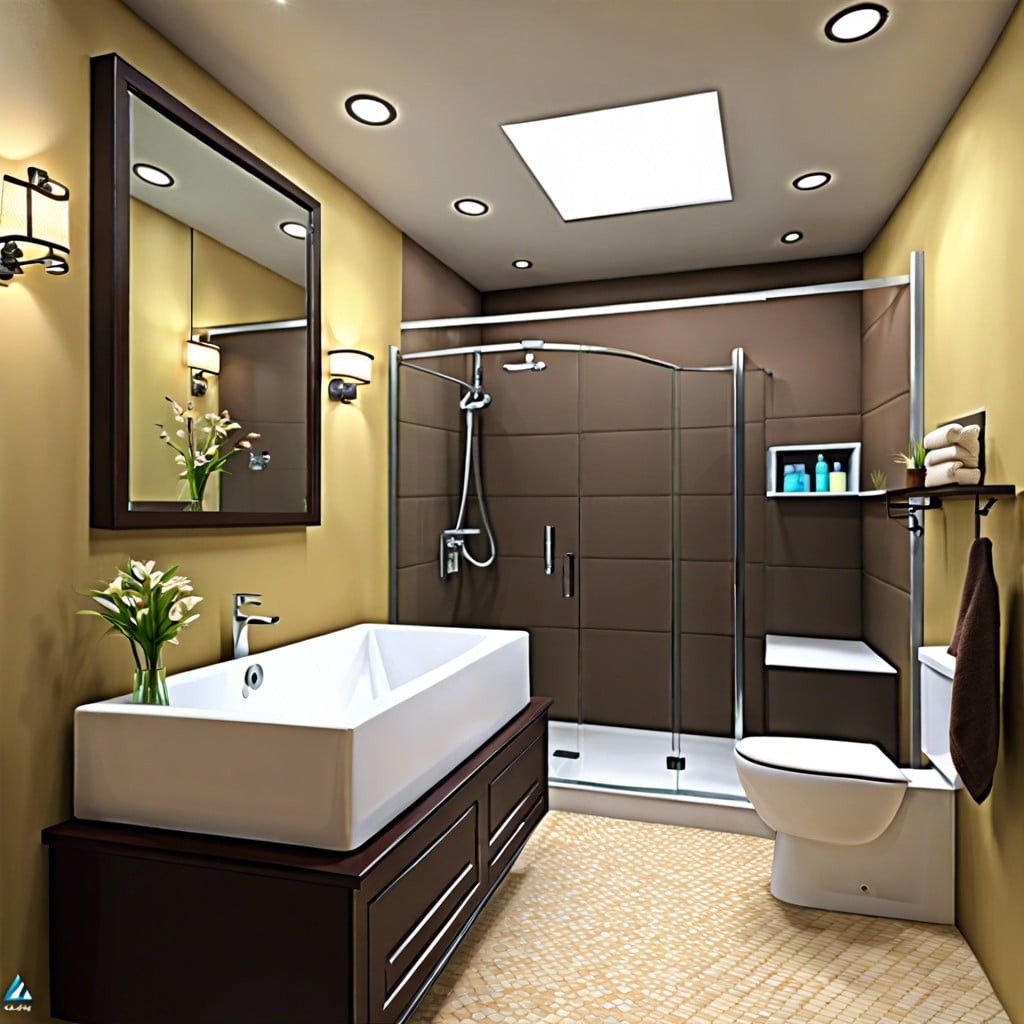Last updated on
Discover the timeline of when kittens start their bowel movements as part of their growth process.
Key takeaways:
- Kittens start self-defecation around 4 weeks.
- Use warm cloth to stimulate pooping & peeing before self-relief.
- Start litter box training by the 4th week.
- Signs of constipation: straining, hard stools, decreased appetite.
- Monitor poop patterns for health: consistency, color, frequency.
Self-Defecation Usually Happens At Around 4 Weeks
Around the one-month milestone, kittens develop enough muscle control in their tiny bodies to start defecating on their own. Prior to this, their mother stimulates them to go by licking their bellies and anal areas. This lack of early autonomy signifies the important role a mother cat plays in the first few weeks of a kitten’s life.
If separated from their mother, a human caretaker must gently rub these areas with a warm, damp cloth to mimic the mother’s actions and promote healthy elimination. As soon as the ability kicks in, typically at the four-week mark, kittens are capable of controlling their bowel movements, paving the way for litter box training.
Monitoring their progress during this period is essential as it sets the stage for their next learning phase: mastering the litter box.
How to Stimulate Pooping & Peeing Before Self-Relief
Mother cats instinctively encourage their young to relieve themselves by licking the kittens’ abdomens and anal areas. In the absence of a feline mother, this duty falls to the kitten caretakers. Use a warm, damp cloth or cotton ball to gently rub the kitten’s lower belly and perineal region. It’s a delicate process, requiring a soft touch and patience.
Do this after every feeding to mimic the mother’s natural rhythm. Proper technique in this early stage is crucial for promoting healthy elimination habits and avoiding potential health issues. Always remember to keep the kittens warm and comfortable throughout the process to reduce stress and ensure a positive experience.
When Should Litter Box Training Begin?
Initiating litter box training is a crucial step to ensure your home stays clean and your kitten learns proper hygiene. Aim to start as early as your kitten begins to move around more independently, typically by their fourth week. While they may not master it immediately, introducing them to a litter box at this stage lays the groundwork for future habits.
Consider these points when you begin:
- Opt for a box with low sides to make it easy for your kitten to enter and exit.
- Place the kitten in the box after meals and naps, natural times when they may need to go.
- Use a non-clumping, unscented litter to avoid any health issues if ingested.
- Positively reinforce successful use with treats or praise, making the process rewarding.
- Keep the box clean; kittens prefer a tidy space and are more likely to use it consistently if it’s well-maintained.
Remember, patience is key. Each kitten will take to the process at their own pace. Encouraging them gently and consistently is the best approach to ensuring success.
Signs Of Constipation In Kittens
Observing your kitten’s bathroom behaviors is key to ensuring their healthy development. Straining during defecation or passing hard, pebble-like stools could indicate constipation. These little ones might also exhibit a decreased appetite, a bloated abdomen, or lethargy.
Constant trips to the litter box without results or cries of discomfort are red flags not to ignore. If bowel movements occur less frequently than every 24 to 36 hours, it’s a cue to consult your vet. Hydration and diet play pivotal roles, so ensure fresh water is available and assess their food for necessary fiber content.
Early detection and intervention can prevent the pain and stress associated with constipation in kittens.
Kitten Poop Patterns: Monitoring Frequency and Health
Observing a kitten’s elimination habits is crucial because it reflects their overall health. Healthy kittens generally have a bowel movement at least once a day, but this can vary depending on diet and individual digestion rates.
Fresh poop should be firm and brown. If it’s notably hard or dry, your kitten could be dehydrated or constipated, necessitating vet attention.
Conversely, loose or watery stools point to dietary issues or infection. Persistent diarrhea requires professional evaluation to prevent dehydration and identify underlying causes.
Additionally, the presence of blood or unusual coloration warrants immediate vet intervention.
Monitoring these patterns not only ensures that your kitten is on track developmentally but also serves as a first line of defense against health issues.
Record any irregularities and consult with a veterinarian to maintain your kitten’s digestive health.
Recap




